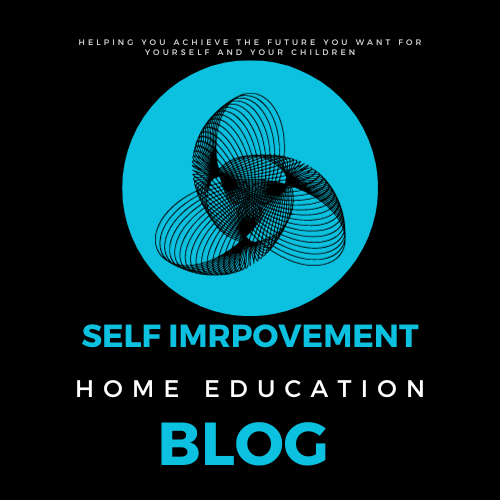Homeschooling has gained popularity in recent years, offering families the
flexibility to tailor education to their children’s unique needs and learning styles.
When it comes to teaching preschool-aged children (2-5 years old), the key is to
foster a love for learning through hands-on experiences and incorporating
age-appropriate technology. In this blog post, we’ll explore the benefits of
homeschooling for young children and share tips on how to cater to different
learning styles while integrating technology into the learning process.
Understanding Learning Styles:
Children at the preschool age exhibit diverse learning styles, and recognizing
and catering to these styles can enhance their educational experience. Some
children are visual learners, while others may be auditory or kinesthetic learners.
It’s crucial for parents to observe and identify their child’s preferred learning style
to create a more effective learning environment.
Visual learners can benefit from colorful visuals, charts, and videos, while auditory
learners may thrive on storytelling, songs, and discussions. Kinesthetic learners, on
the other hand, learn best through hands-on activities and movement. By incorporating
a variety of teaching methods, parents can provide a well-rounded learning experience
that engages and captivates their preschoolers.
Hands-On Technology for Early Childhood Education:
In today’s digital age, technology plays a significant role in education. When introducing
technology to preschoolers, it’s important to choose age-appropriate and interactive
tools that align with their developmental stage. Educational apps, interactive eBooks,
and simple educational games can be valuable resources.
Here are some tips for incorporating hands-on technology into your preschooler’s
learning journey:
Interactive Learning Apps: Explore apps designed specifically for early childhood
education. Look for apps that encourage creativity, problem-solving, and basic
skill development such as counting, letter recognition, and shapes.
Educational Videos: Choose high-quality educational videos that align with your
child’s interests. Platforms like YouTube Kids offer a variety of age-appropriate
content that can supplement hands-on activities.
Interactive eBooks: Digital books with interactive features can capture your child’s
attention while promoting literacy skills. Look for eBooks that allow children to touch,
swipe, and interact with the story.
Educational Games: Find simple and engaging educational games that focus
on foundational skills. These can include puzzles, matching games, and activities
that promote fine motor skills.
Conclusion:
Homeschooling during the early childhood years provides a unique opportunity
to create a customized learning environment that caters to your child’s individual
needs. By understanding and embracing different learning styles and incorporating
hands-on technology, parents can foster a love for learning that will set the stage for
a successful educational journey. Remember, the key is to make learning a fun and
interactive experience, laying a strong foundation for your child’s future academic success.
Post Disclaimer: The information on this website is public information and is not
individual legal advice. Readers should not rely on or take any action based upon
the information on this website and professional advice should be obtained particular
to the legal circumstances one is facing. While we strive for accuracy, it is possible
that the information on our site may contain errors or omissions. We disclaim any
liability for any such errors or omissions.
Affiliate Links Disclaimers: Some of the links on this website are “affiliate links.”
This means if you click on the link and purchase the item, we will receive an affiliate
commission. We disclose this in accordance with the Federal Trade Commission’s
16 CFR, Part 255: “Guides Concerning the Use of Endorsements and Testimonials
in Advertising.
